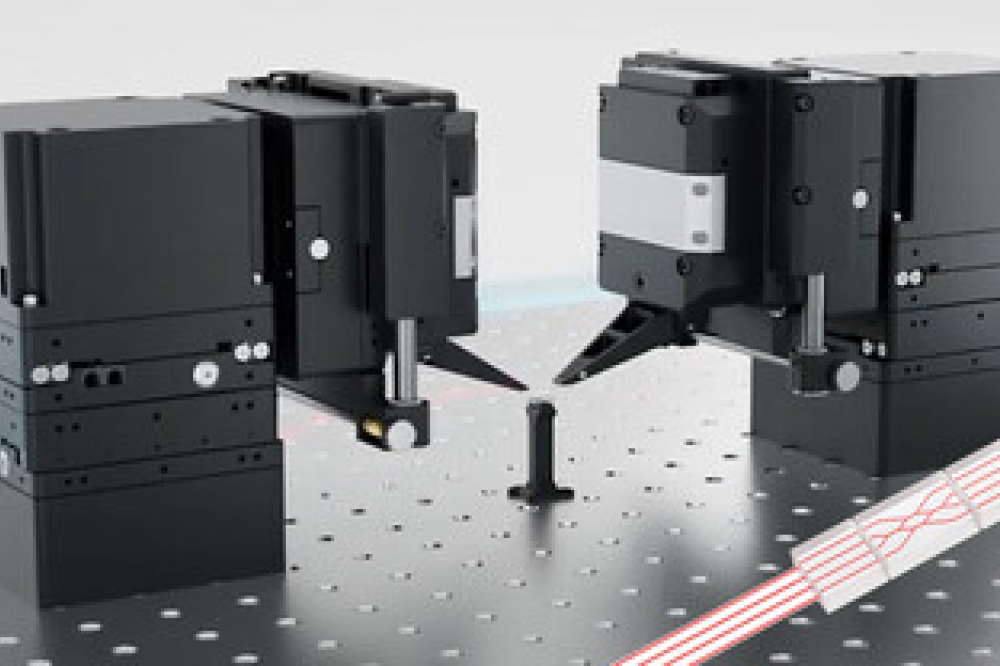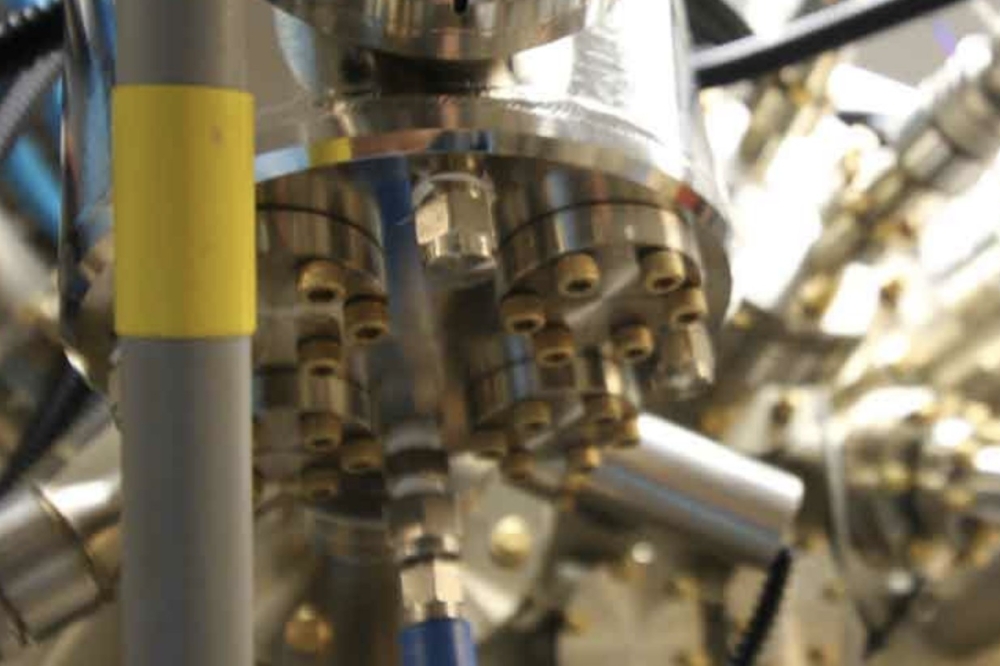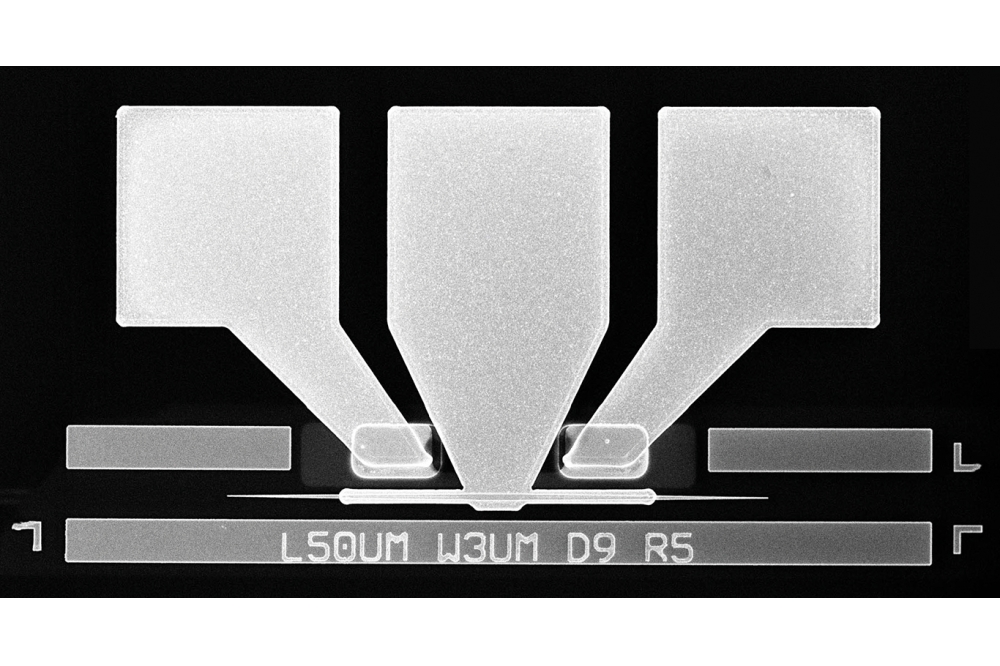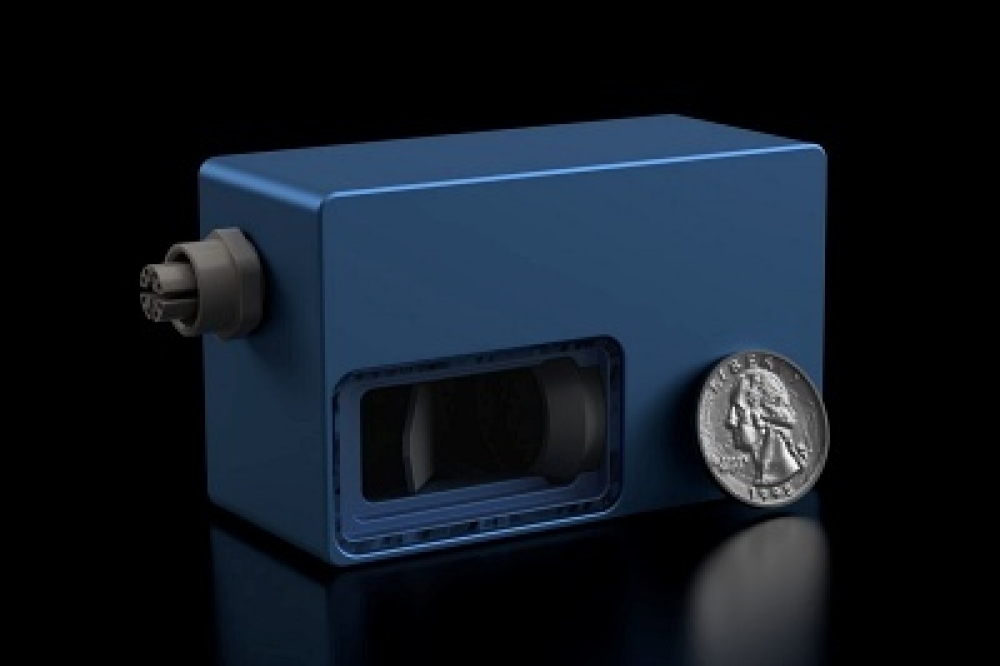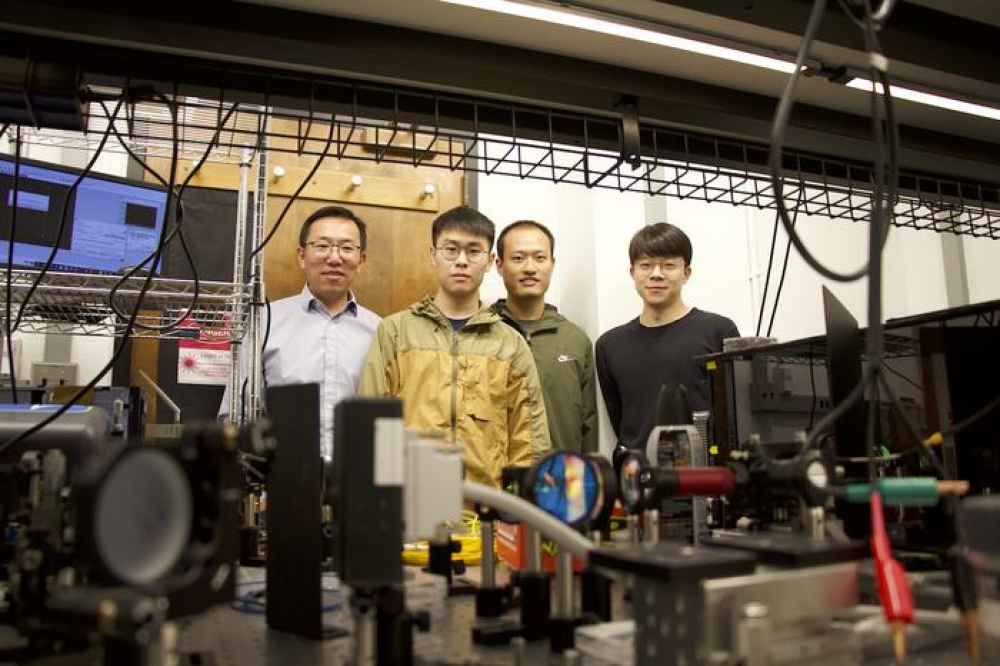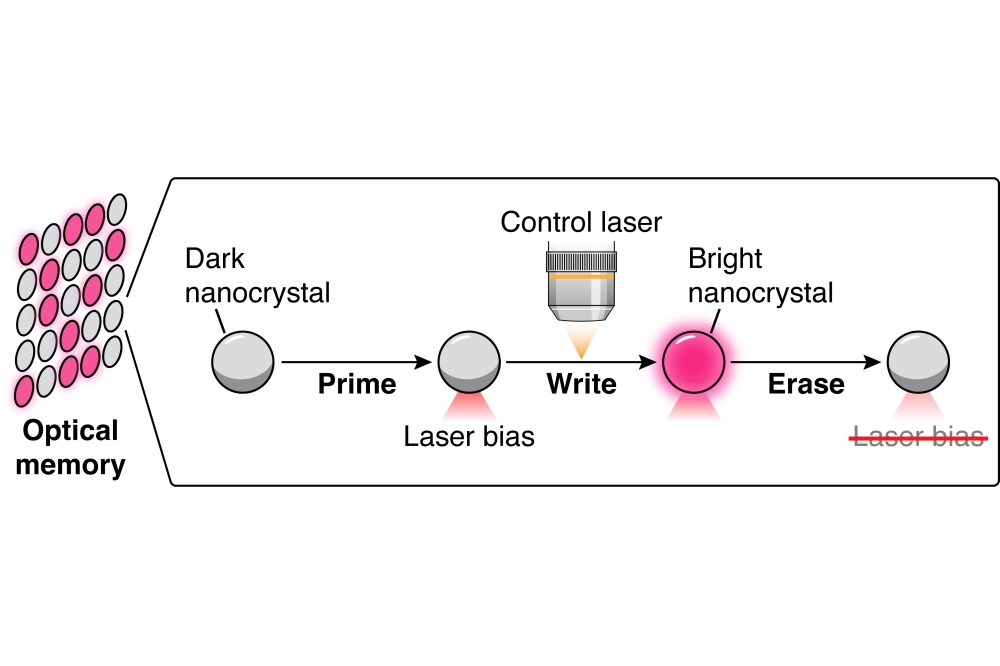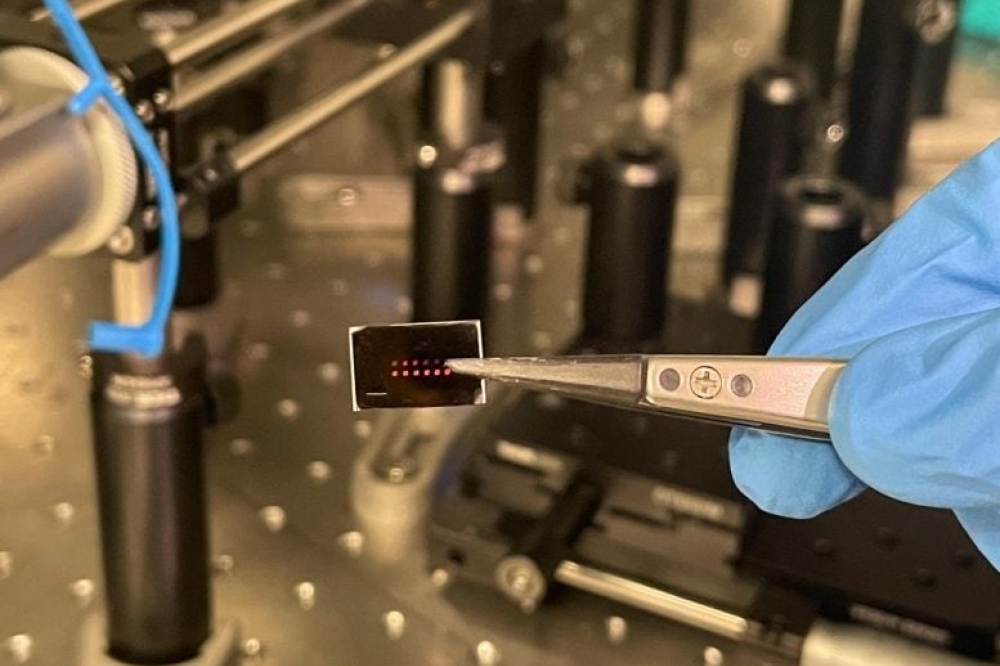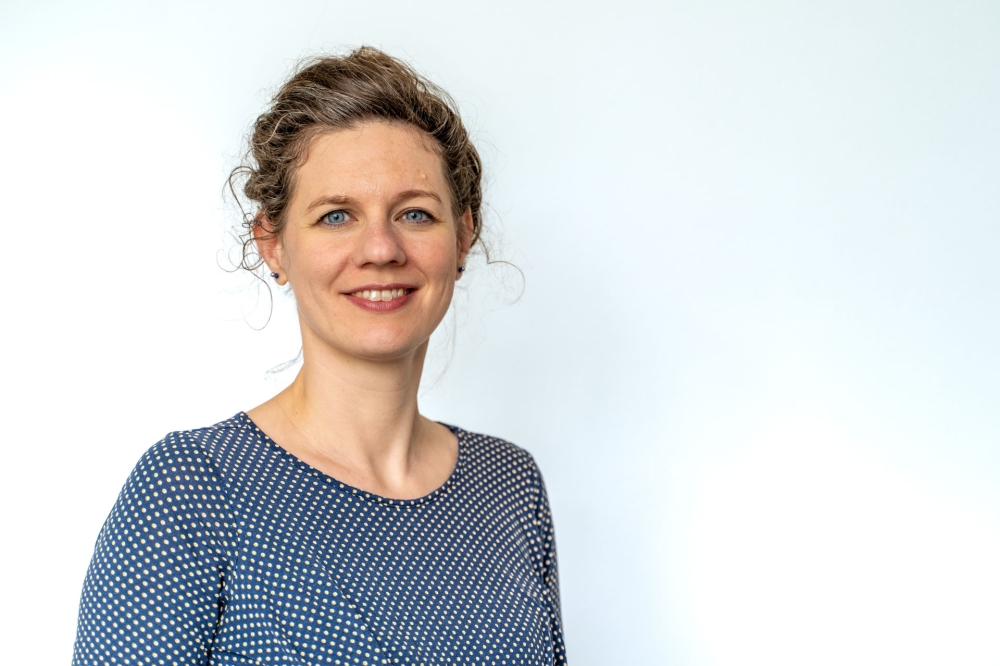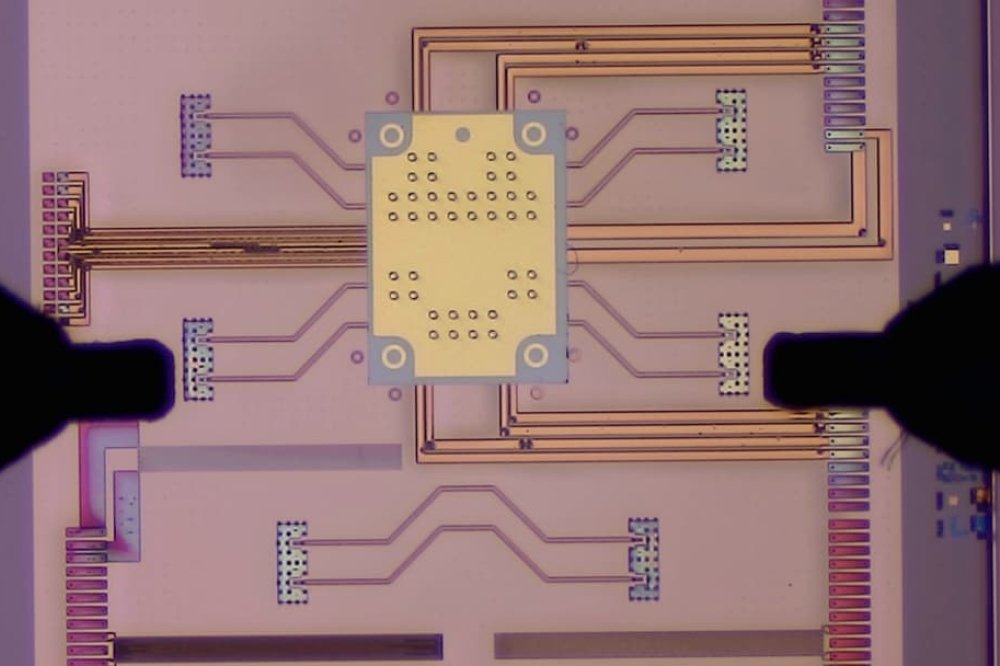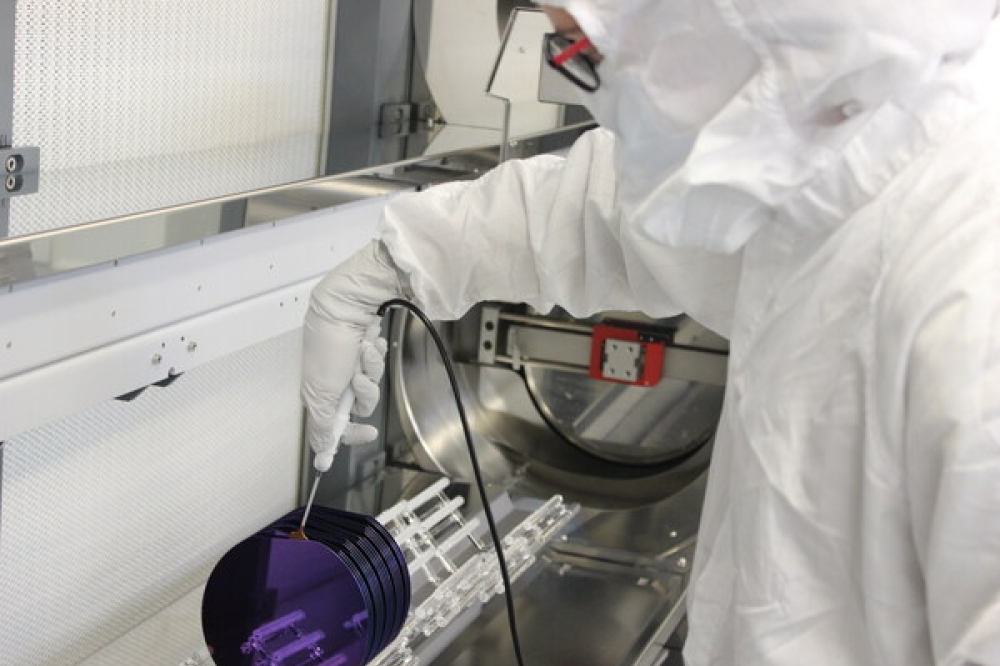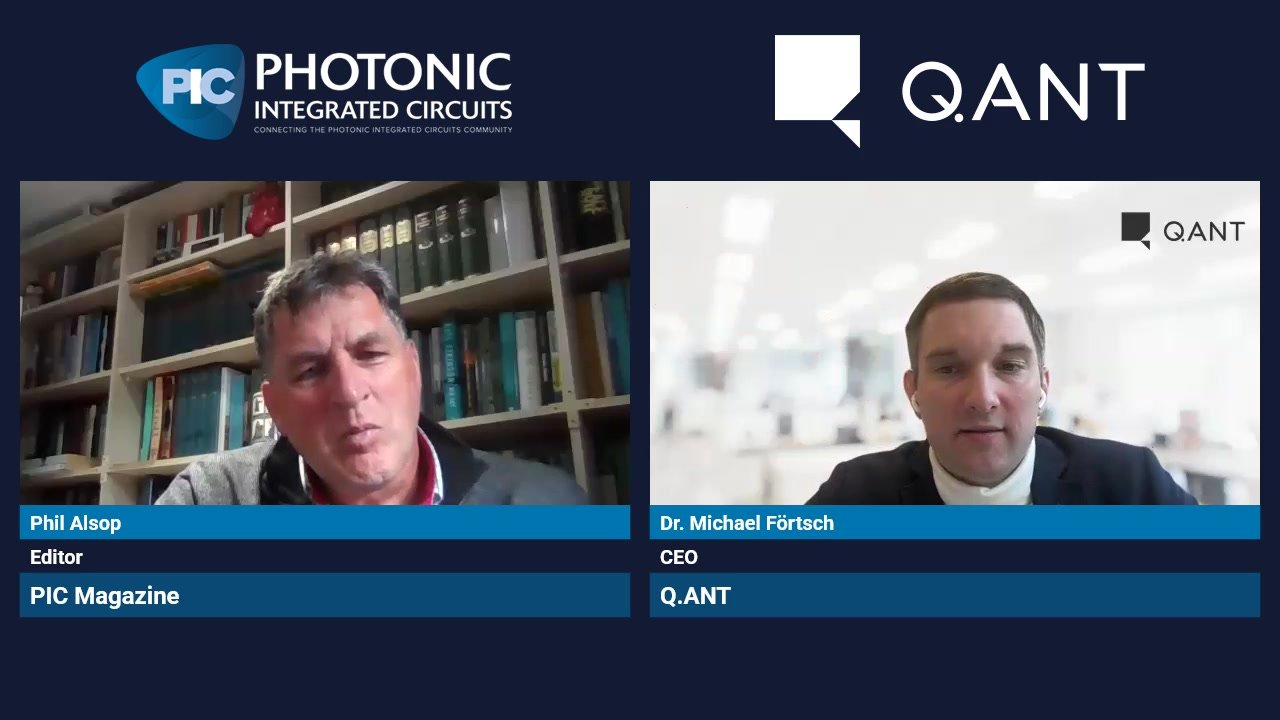New consortium seeks to advance photonic quantum computing

Quantum computing company PASQAL has announced a collaboration to build the essential foundations for a photonic quantum computer powered by neutral atom technology. The collaboration, dubbed the PANDA consortium, working towards this goal comprises PASQAL; Sorbonne Université, France; Pixel Photonics (PIX), Germany; the Institute of Photonic Sciences (ICFO), Spain; and Institut d'Optique Théorique et Appliquée (IOTA), France. The project will be funded by a grant from the European Innovation Council Pathfinder Challenges programme of 2023.
Coordinated by the Laboratoire Kastler Brossel at Sorbonne Université, the collaboration seeks to use the power of neutral atoms to develop the foundations of a quantum processor that will use light as the carrier of quantum information, using an approach known as continuous variable quantum computing. This relies on the wave-like nature of light rather than discrete quantum bits associated with its particle-like behaviour.
Light has the intrinsic ability to carry large amounts of information over long distances with low loss rates, operating at room temperature. These properties make light a great candidate for scalable quantum computers. However, photons, the particles of light, do not interact with each other naturally, a feature that represents a big challenge to building quantum processing units, since interactions are required to carry out operations and create quantum circuits.
The PANDA consortium aims to build the foundations of a photonic quantum computer through interactions between quanta of light – or photons – with a specially ordered assembly of neutral atoms. PASQAL architecture uses highly focused lasers called optical tweezers to manipulate neutral atoms and arrange them in 2D and 3D arrays of any configuration.
"As leaders in neutral atoms quantum processing, we are excited to be part of this consortium," said Loïc Henriet, CTO of PASQAL. "Innovations to our technology will help push forward quantum computing, together with experts in photonics. We are convinced that our atoms, provided by nature, will be optimal in this undertaking."
The consortium hopes that the technique they are developing will enable them to manufacture exotic states of light with unprecedented efficiency, by bringing together their expertise in engineering and studying both atomic ensemble and quantum light. Combining novel high-efficiency light detection with advances in nanophotonics, the PANDA partnership seeks to develop the building blocks of photonic quantum computing.
Wladick Hartmann, CTO of Pixel Photonics, said: "Providing a toolbox for the deterministic creation of exotic states of light will enable new and exciting quantum computing schemes. We are thrilled to provide the necessary innovation in photon detection to enable this new and exciting approach."
Nicolas Treps, Professor at Sorbonne Université, Multimode Quantum Optics group, and coordinator of the project, added: "This project is very exciting scientifically, as it addresses one of the main bottlenecks of the otherwise very promising platform of quantum computing with non-classical light."



